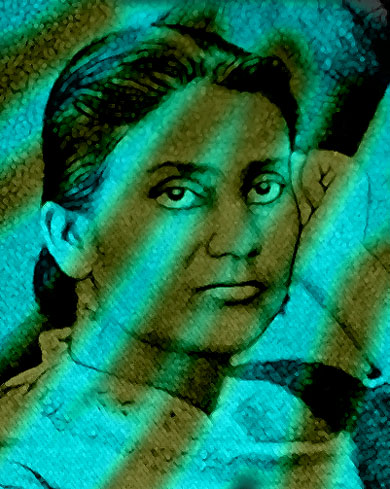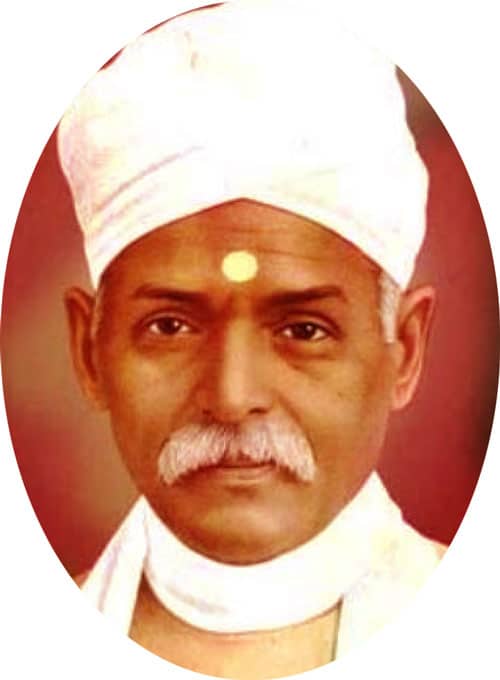Bertrand Russell: The Philosopher Who Changed the Way We Think
Bertrand Russell: Bertrand Arthur William Russell was a British savant, rationalist, writer, and social Critic, best known for his work in scientific rationale and systematic logic.
Biography “Bertrand Russell ” Essay Philosophy, & Facts, Short Words Of Life

His most influential contributions include his defense of logicism and his theories of definite descriptions and logical atomism. Along with G. E. Moore, Russell is generally recognized as one of the founders of analytic philosophy.
Bertrand Arthur William Russell was born at Trelleck on May 18, 1872. His parents were Viscount Amberley and Katherine, daughter of the 2nd Baron Stanley of Alderley. At the age of three, he has left an orphan.
His father had wished him to be brought up as an agnostic. To dodge this, he was made a ward of the court and raised by his grandma. Instead of being sent to school, Russell was taught by governesses and tutors, and thus, acquired a perfect knowledge of French and German.
In 1890, he went into the home at Trinity College, Cambridge, and subsequent to being a high Wrangler, and acquiring a top notch with unique excellence in reasoning, he was chosen a fellow of his college in 1895. But Russell had already left Cambridge in the summer of 1894 and for some months was a delegate at the British embassy at Paris.
In December 1894, he wedded Miss Alys Pearsall Smith. After spending some months in Berlin studying social democracy, they went to live near Haslemere, where he devoted his time to the study of philosophy.
In 1900, he visited the Mathematical Congress in Paris. Russell was impressed with the ability of the Italian mathematician, Peano, and his pupils, and immediately studied Peano’s works.
In 1903, he composed his first significant book, The Principles of Mathematics, and with his companion, Dr. Alfred Whitehead proceeded to develop and extend the mathematical logic of Peano and Frege. every now and then, he relinquished the theory for governmental issues. In 1910, Russell has delegated teacher at Trinity College.
After the First World War broke out, he took an active part in the No-Conscription fellowship and was fined £100 as the author of a leaflet criticizing a sentence of two years on a conscientious objector.
Bertrand Russell Easy Life Story
His college deprived him of his lectureship in 1916. Russell was offered a post at the Harvard University but was refused a passport. He planned to give a course of addresses (a short time later distributed in America as Political Ideals, 1918) yet was counteracted by the military experts.
In 1918, he was condemned to a half year’s detainment for a pacifistic article he had written in the Tribunal. Russell’s Introduction to Mathematical Philosophy (1919) was written in prison.
His Analysis of Mind (1921), was the outcome of some lectures he gave in London, which were organized by a few friends who got up a subscription for the purpose.
In 1920, Russell had paid a short visit to Russia to think about the states of Bolshevism on the spot. In the pre-winter of that year, he went to China to address reasoning at the Peking University.
On his return in September 1921, have been divorced by his first wife, he married Miss Dora Black. They lived for six years in Chelsea during the winter months and spent the summers near Lands End.
In 1927, he and his better half began a school for youthful kids, which they carried on until 1932. He succeeded to the earldom in 1931. Russell was divorced by his second we in 1935 and the following year married Patricia Helen Spence. In 1938, he went to the United States and during the next years taught at many of the country’s leading universities.
In 1940, he was involved in legal proceedings when his right to teach philosophy at the College of the City of New York was questioned because of his views on morality.
When his appointment to the college faculty was canceled, he accepted a five-year contract as a lecturer, but the cancellation of this contract was announced in January 1943 by Albert C. Barnes, director of the foundation.
Russell was elected a fellow of the Royal Society in 1908 and reelected a fellow of Trinity College in 1944. He was granted the Sylvester Medal of the Royal Society, 1934, the ‘de Morgan award of the London Mathematical Society around the same time, the Nobel Prize for Literature, 1950.
After an actual existence set apart by discussion (counting expulsions from Trinity College, Cambridge, and City College, New York), Russell was granted the Order of Merit in 1949 and the Nobel Prize for Literature in 1950.
Additionally noted for his many energetic enemies of war and against atomic dissents, Russell remained a noticeable open figure until his demise at 97 years old in 1970.
Benjamin Franklin :Essay Short Words Of Life Biography, Essay, Inventions, Quotes & Facts,





